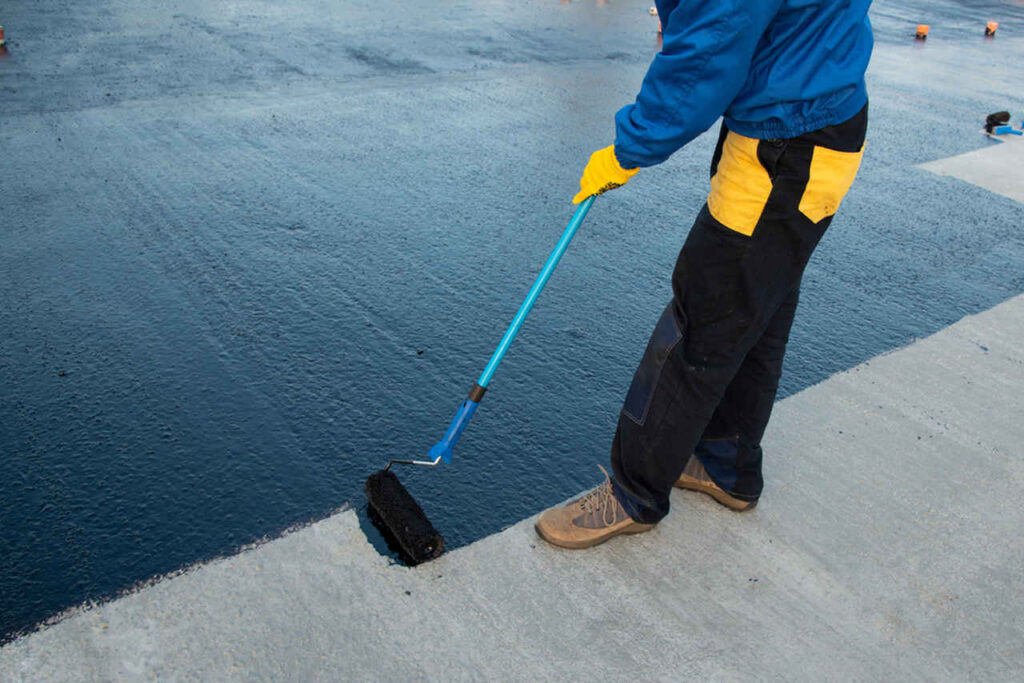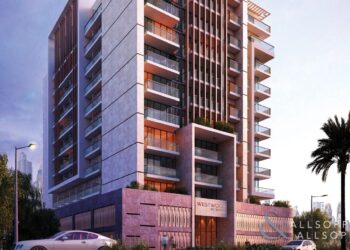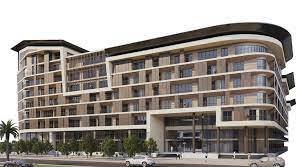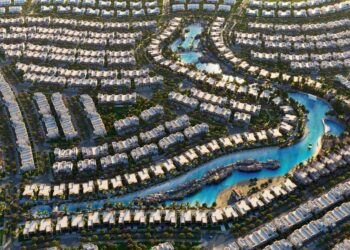Our Services
Need help?
Office # 502, Sapphire Tower, Al Kabaisi, Port Saeed, Dubai. UAE.
Tel: +971 45 54 6244
Email: info@jpm-global.com

Waterproofing buildings is the method of forming a barrier over surfaces of foundations, roofs, walls, and other structural members of buildings to prevent water penetrations through these surfaces. In summary, building surfaces are made water-resistant and waterproof.
Research has shown that waterproofing only accounts for 1% of a building’s construction costs but when ignored, it can be responsible for almost 90% of the damage. However, it is also important to remember that not all waterproofing chemicals are suitable for all purposes. Therefore, you need to make sure that you get the right types of waterproofing materials for your unique needs. To help you in the selection process, below are the 5 types of waterproofing in construction:
Cementitious waterproofing materials are breathable, seamless coatings used to provide positive and negative side waterproofing protection on concrete and masonry surfaces. It is a two-component, cementitious coating comprising pre-weighed polymer modified powder & liquid components. It is commonly used to waterproof concrete in internal or external applications as potable & storm water tanks, reservoirs, swimming pools and wet areas to kitchens, showers & bathrooms below screed & tile finishes.
Bituminous coating is also known as asphalt coating. It is a type of coating used for waterproofing and flexible protective coat in accordance with its formulation and polymerization grade. The most common applications of bituminous waterproofing include areas that are beneath screed wet.
Bituminous membrane waterproofing is a popular method used for low-sloped roofs due to their proven performance. Bituminous waterproofing membranes have a torch on the membrane and self-adhesive waterproofing membrane
Polyurethane liquid membrane method of waterproofing is typically used for the flat roof area and exposed to weathering. This kind of waterproofing material is very sensitive to moisture content present. Therefore, before application, it is vital to be extra careful in evaluating the moisture content of the concrete slab, otherwise peeling or de-bonding of membranes may happen after some time.
Liquid membrane is a thin coating which consists of usually a primer coat and two coats of topcoats which are applied by spray, roller, or trowel. It offers more flexibility than the cementitious types of waterproofing
Why to Choose Us
At JPM we are very obsessed about the safety of people and assets of the projects we deal. We keep ourselves updated and well trained to make sure we give the best possible solution to our clients.
The following features shows our dedication to the industry:
- Licensed by Dubai & Abu Dhabi Civil Defense.
- UL DRI selecting fire stop systems to meet project specification and authority regulations.
- Well experienced team to manage projects to ensure successful completion on time.
- Most economical solutions.
- On time technical support.
- Dealing with all leading materials in industry.
- Member of various fire stop contractor associations.


